Description
Seaglass Picnic (with a splash of post traumatic stress) is Frances Driscoll’s attempt to describe the lingering effects of the horrendous rape she experienced years earlier (and written about in her powerful collection, The Rape Poems). In Seaglass Picnic, she uses humor and understatement to deal with that which at times seems unbearable. This is a book for anyone who is healing from a tragedy, anyone who has suffered from post-traumatic stress in any form.
“What keeps us from falling into Driscoll’s nightmare completely is the deadpan, sarcastic wit she scatters through her words like a trail out of the woods…As in <em>The Rape Poems</em>, Driscoll’s observations are droll, but there’s a new lightness to seaglass picnic, a self-deprecating sass that puts the reader at ease.” – Brian Gresko, Los Angeles Review of Books
Frances Driscoll is the author of two books of poems. She lives in Atlantic Beach, Florida.
In addition to praise as poetry, Driscoll’s work has been used by trauma therapists, social workers, and sexual assault awareness trainings for the U.S. Air Force and U.S. National Guard. Her work is taught in a number of schools in a variety of disciplines, adapted for several stage productions, and is the subject of Justine Gieni’s University of Regina English master’s thesis, “Hysterical (r)evoluton: The Creation of Embodied Language” and Amy Griffiths’ University of Minnesota English Ph.D. dissertation, “In a Shattered Language: a feminist poetics of trauma.” You can hear Driscoll read some of The Rape Poems and Seaglass Picnic poems at Mark Ari’s website, Eat-Magazine.com.

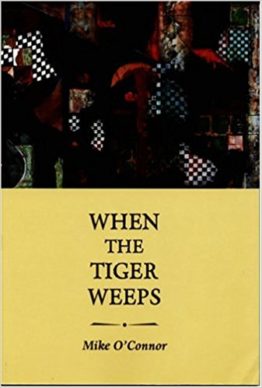
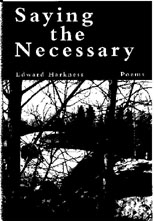
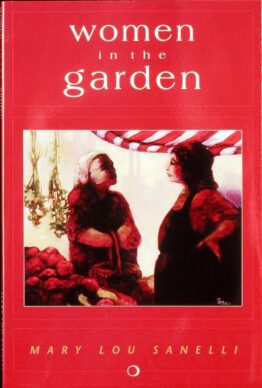


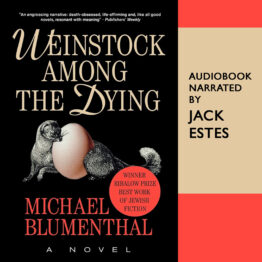
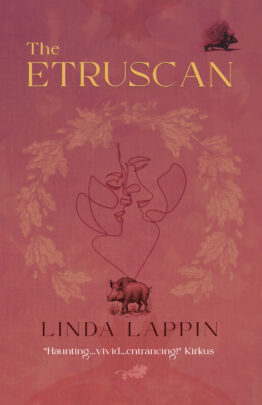
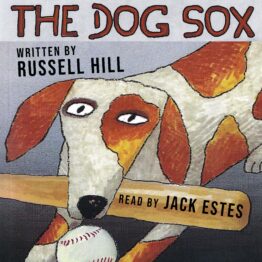
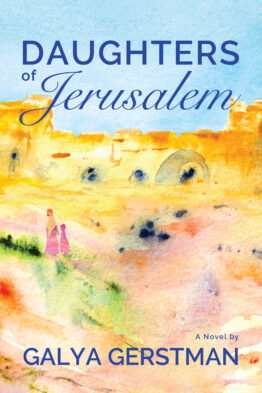
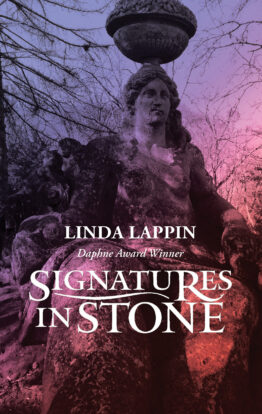
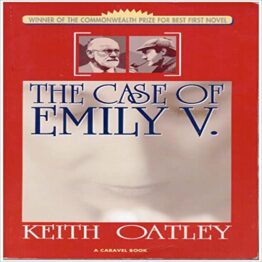
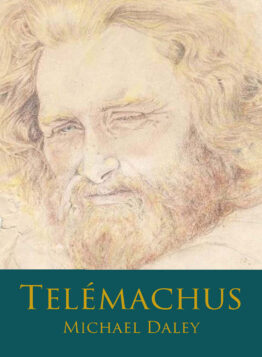
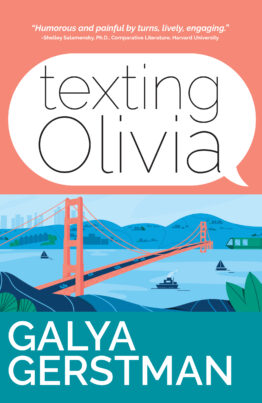

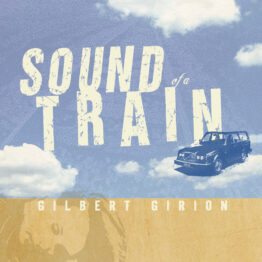
Brian Gresko –
The Poetics of Trauma and Life After Rape: A Profile of Frances Driscoll
In Driscoll’s poems, to survive rape is to exist in an absurd state. Sexual trauma splits your life in two; one self remains in the present, while the other remains wounded — and in a state of still being wounded, again and again. This rift is rarely spoken of in polite society. Driscoll’s poems express anger at how, in the words of Leslie Jamison, “The most graceful victim […] is the one who doesn’t need to point at his holes or ask for sympathy […] [the one] who just keeps quiet.” When Driscoll tells a childhood friend that she’s been raped in “First Recital,” her friend replies with silence, after which they talk about the weather and haircuts…
I worked with Driscoll in 2006, when I taught seventh-grade English at a private school in Shanghai’s Pudong New Area. Driscoll was the head of my department. From the moment I met her — her soft voice flinty with cigarettes, her reddish hair sodden with the city’s filthy humidity — she struck me as a delightful free-thinker, a lovable eccentric. She spoke so softly that I had to lean close, calling me “hon,” which is what her family calls her — hon, or honey…
What keeps us from falling into Driscoll’s nightmare completely is the deadpan, sarcastic wit she scatters through her words like a trail out of the woods…As in The Rape Poems, Driscoll’s observations are droll, but there’s a new lightness to Seaglass Picnic, a self-deprecating sass that puts the reader at ease.
Jim Daniels, poet –
Frances Driscoll’s Seaglass Picnic is a powerful story of survival. No made-for-tv triumphant survival, but the day-by-day ongoing struggle of it. The simple, direct language of these tight, understated poems penetrate the heart with their cumulative power. A stark, stunning collection.
Douglas Whynott –
“Frances Driscoll can break our hearts in one moment and inspire us to laughter and delight in the next, in this stunning collection with its beautiful rhythms and many surprises, in its alternations between the indelible memory of trauma and the insistent, restorative power of love.”
Helen Benedict –
“At turns powerful, tragic, and funny, Frances Driscoll’s poetry cuts to the heart of trauma and how it interacts with everyday life. A healing and refreshing read.”
Lee Upton –
“seaglass picnic is a powerful, unforgettable, and deeply original book of poems.”
Bruce Weigl –
“Wildly imaginative, remarkably inventive and deeply engaging, these poems, however grim their history, are transcendent, and the act of writing them, courageous.”
Gillian Conoley –
“The uncanny quotidian. Spare, excruciating terrors. The advice column. The pared down, economically elusive narrative of myth. Also the great gift of laughter. Frances Driscoll is a great comedian and tragedian. These poems chisel and pierce.”